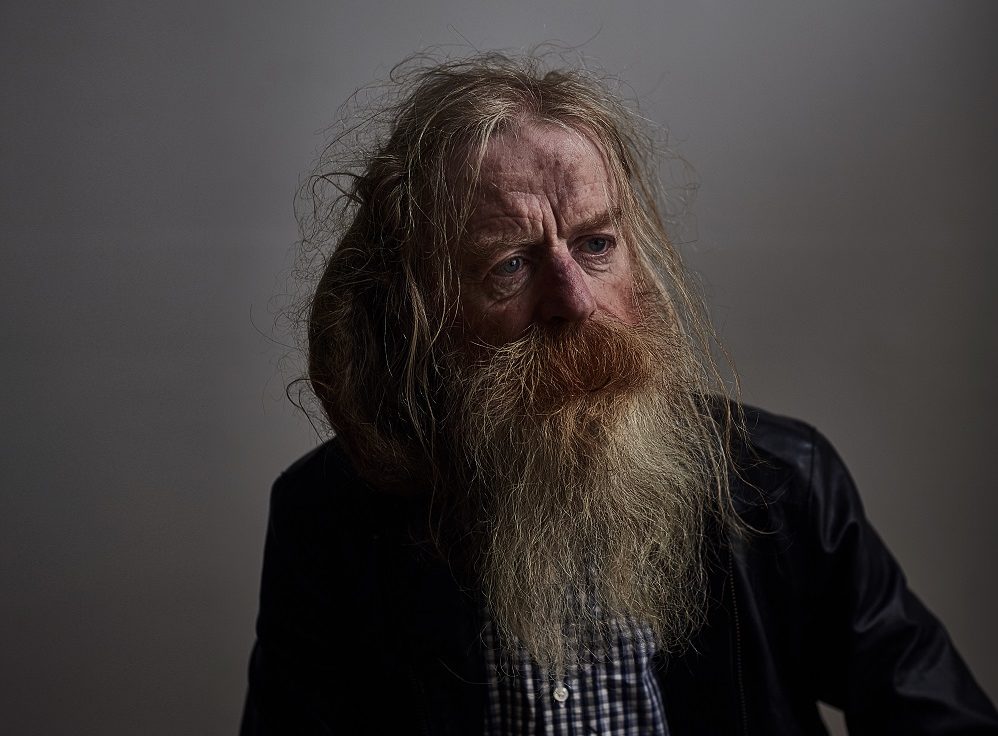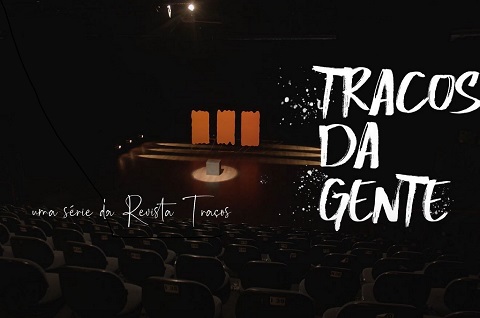Interview by Katherine Smyrk, The Big Issue (Australia)
Two years ago, when I was about 60, rather than die from drug abuse I decided it would be good to do something else. I was really in the gutter, going downhill fast, so the only thing I could think of doing was sell The Big Issue. And it’s been perfect for me.

I was born to a large family in leafy Adelaide in the mid-20th century. I worked in sales, advertising and hospitality in Australia and overseas. I lived in Berlin for five years in the 70s.
I was 27 when I was the victim of a murder attempt. It was a random attack, they killed two other people; they were only teenagers. I started going downhill from there. I wasn’t diagnosed with PTSD until much later – it wasn’t recognised as a real diagnosis in those days. Post-traumatic stress disaster, I call it. It changed my personality. I self-medicated and I started to isolate myself as a result.
I was taking massive amounts of drugs every day. I went from high-powered jobs to a succession of marginalised jobs. I ended up isolated. Big Issue has enabled me to re-engage to some extent.
In a way, I find selling The Big Issue quite difficult, to be honest. But if I’m selling The Big Issue, I’m not taking drugs. I don’t have to worry about paying bills. I don’t have to worry about overheads. It’s better to have 20 bucks in your pocket than to have nothing. Because if you’ve got 20 bucks, you’re in control, you can do a lot of things, even if it’s just reading a paper and having a coffee.
My life has improved 100 per cent since I started selling The Big Issue.
The main thing about being disadvantaged or marginalised is that you’re not in control. And, by nature, that causes more secondary marginalisation problems. You’re coming from a situation where you’ve got very low self-esteem. And if you’re living in the gutter, even if you’re staring at the stars, that’s where you are. The only way you can get back on your feet is stable housing, because then you can work out parameters and have control. I was very single-minded and relentless and I managed to get through the barriers, but that doesn’t apply to everyone. I used to live under a tree. But now I’ve got housing commission accommodation, so I’m very fortunate.
If I’ve got spare money from The Big Issue I tell you what, I enjoy it. I buy books, I see a movie. Look, I’m basically a middle-class tertiary educated person: I like going to the movies, I like reading, I like going to exhibitions, I like dinner parties. The normal things.
My life has improved 100 per cent since I started selling The Big Issue. That’s what I think I would like to express to people that buy the magazine: it really does make a difference.




















